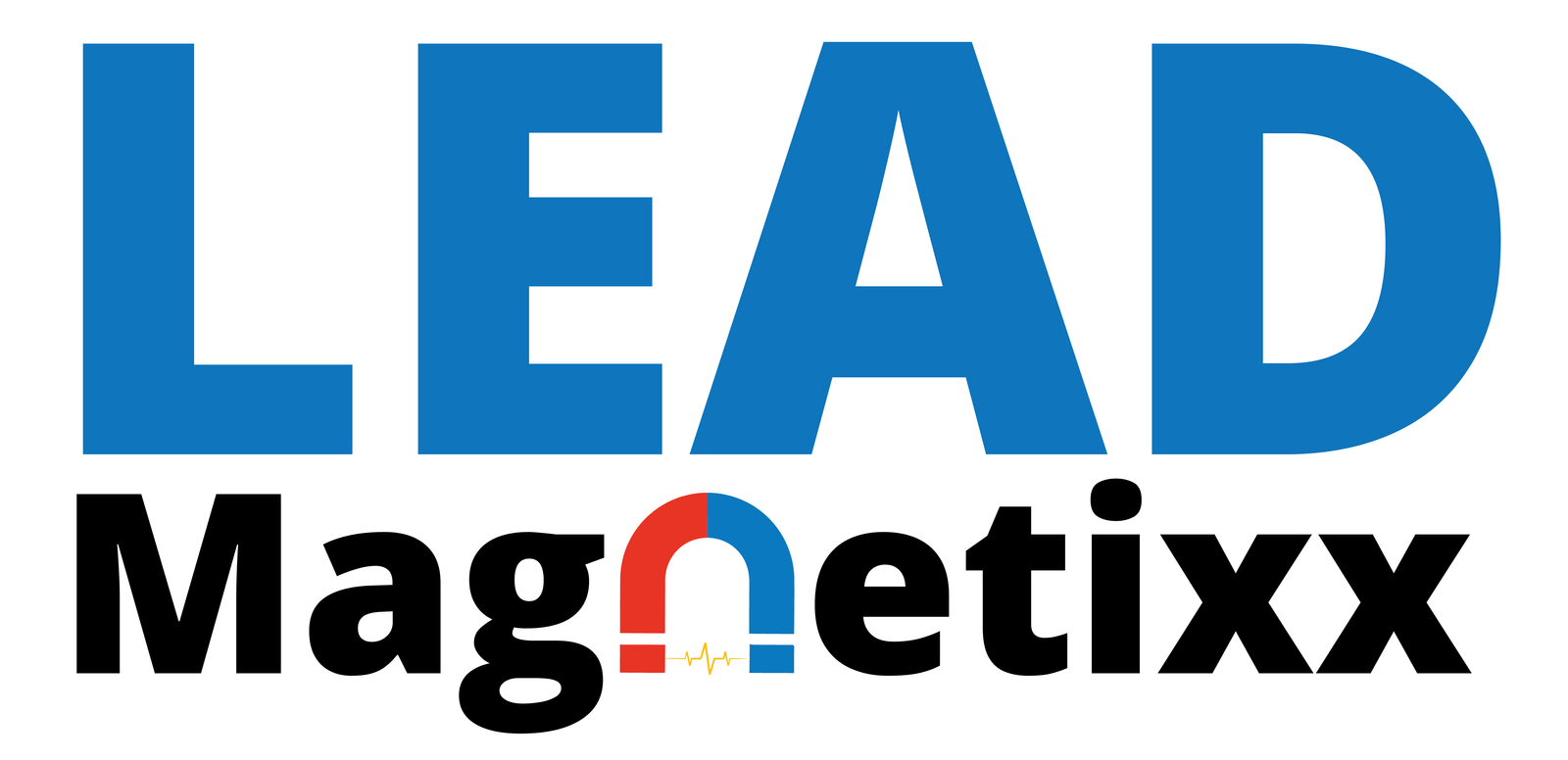
The Ultimate Guide to B2B Lead Generation in 2023
B2B lead generation is the process of attracting and converting businesses into potential customers. It’s a critical part of any B2B marketing strategy, as it allows businesses to build a pipeline of qualified leads that can be nurtured and converted into sales.
In 2023, the B2B landscape is more competitive than ever before. Businesses are bombarded with marketing messages from all sides, and it’s becoming increasingly difficult to stand out from the crowd. To be successful, B2B businesses need to develop a comprehensive lead generation strategy that takes into account the unique needs of their target audience.
Here are some of the most effective B2B lead generation strategies for 2023:
1. Content marketing
Content marketing is the process of creating and distributing valuable, relevant, and consistent content to attract and retain a clearly defined audience and drive profitable customer action.
Content marketing is a great way to generate B2B leads because it allows businesses to position themselves as thought leaders in their industry and build trust with potential customers. When businesses create high-quality content that is relevant to their target audience, they are more likely to attract visitors to their website and convert them into leads.
Some examples of effective content marketing for B2B lead generation include blog posts, e-books, white papers, case studies, webinars, and infographics.
2. Search engine optimization (SEO)
SEO is the process of optimizing your website and its content so that it ranks higher in search engine results pages (SERPs). When your website ranks higher in SERPs, it is more likely to be seen by potential customers who are searching for products or services like yours.
SEO is a long-term strategy, but it can be very effective for generating B2B leads. By optimizing your website for the right keywords and phrases, you can attract qualified traffic to your website and increase your chances of converting visitors into leads.
3. Social media marketing
Social media is a powerful platform for generating B2B leads. By creating engaging content and participating in relevant conversations, businesses can connect with potential customers and build relationships with them.
When using social media for B2B lead generation, it is important to focus on the platforms where your target audience is active. For example, if you are targeting businesses in the technology industry, you may want to focus on LinkedIn and Twitter.
4. Email marketing
Email marketing is another effective way to generate B2B leads. By building a list of qualified subscribers, businesses can send them targeted messages that promote their products or services.
When using email marketing for B2B lead generation, it is important to segment your list and send personalized messages to each segment. This will help you to increase your open rates and click-through rates.
5. Paid advertising
Paid advertising platforms like Google AdWords and LinkedIn Ads can be a great way to reach potential customers and generate leads. By targeting your ads to specific keywords and demographics, you can attract qualified leads to your website.
When using paid advertising for B2B lead generation, it is important to set a budget and track your results. This will help you to ensure that your campaigns are profitable.
6. Account-based marketing (ABM)
ABM is a focused marketing strategy that targets specific accounts that are a good fit for your product or service. ABM can be a very effective way to generate leads, as it allows you to focus your efforts on the accounts that are most likely to convert.
When using ABM for lead generation, it is important to identify your target accounts and research their needs. You should then create personalized content and campaigns for each account.
7. Partnerships
Partnering with other businesses in your industry can be a great way to generate leads. By cross-promoting each other’s products or services, you can reach a new audience and generate leads that you might not otherwise have been able to reach.
When choosing partners, it is important to select businesses that have a similar target audience to yours. You should also make sure that your partner is reputable and has a good track record of success.
Measuring the success of your B2B lead generation strategy
It is important to track the success of your B2B lead generation strategy so that you can identify what is working and what is not. Some key metrics to track include:
Number of leads generated
Cost per lead
Lead conversion rate
Customer lifetime value
By tracking these metrics, you can make necessary adjustments to your strategy and improve your results over time.
Conclusion
B2B lead generation is an essential part of any B2B marketing strategy. By implementing the strategies outlined in this guide, you can generate qualified leads and grow your business.
Newsletter
Subscribe our newsletter to get our latest update & news